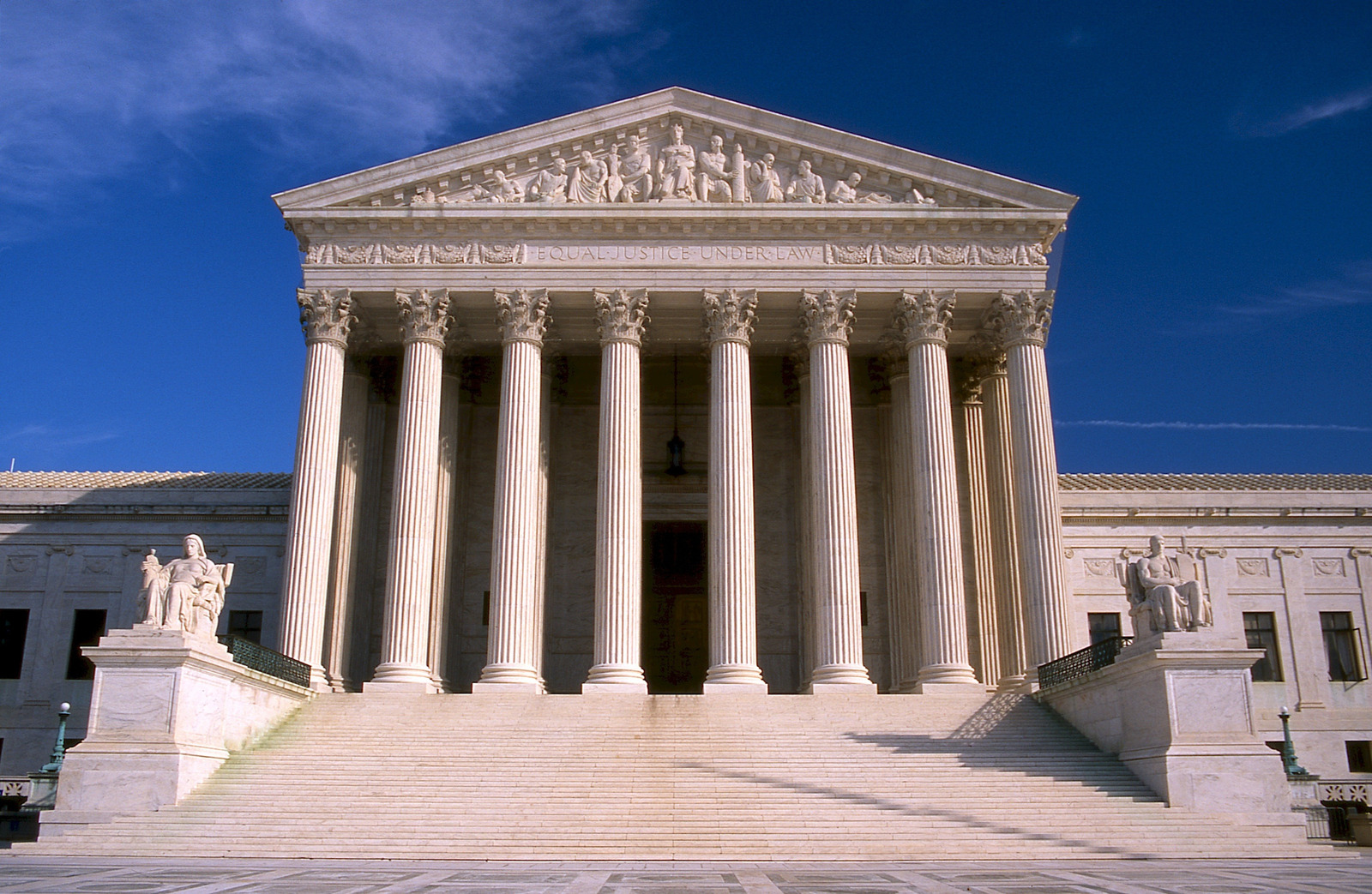Updates for DACA Recipients in 2020
On June 18, 2020, another long-awaited Supreme Court ruling regarding the status of those participating in the Deferred Action for Childhood Arrivals (DACA) program was decided. The decision was made up of a variety of different elements including holding that the Trump administration did not properly terminate the existing DACA program, that DACA program as of the decision will be completely restored as it existed prior to the rescission in 2017, and, most importantly, that current DACA recipients will continue to be protected from deportation and have their employment authorized. Also, new DACA applicants will be able to apply for deportation protection and employment authorization as soon as the DHS implements the Supreme Court decision.
The much-deliberated DACA recipients are undocumented individuals that were brought into the United States as children under 16. Individuals that qualify for the program receive a renewable two-year period of deferred action from deportation and will become eligible for a work permit. To qualify for the program, recipients cannot have felonies or serious misdemeanors on their criminal records as well as must have completed certain educational requirements. It should be noted that individuals in the program don’t necessarily receive citizenship status through participation in DACA, just the deferral of deportation actions.
The program was started in 2012 under President Obama amidst an elevated amount of undocumented high school graduates in the US. Presently, approximately 700,000 people nationwide are participants in the DACA program and 3,880 of them live in Ohio alone. The Supreme Court decision regarding the program arose from President Trump attempting to completely rescind the program through an Executive Order in September of 2017.
The 5-4 decision comes as good news for some employers as they can continue to legally employ DACA recipients. However, DACA participants should note that they need to file timely applications to renew their protections. The decision still raises some questions. The Supreme Court did not discuss or decide on the general legality of DACA. Because of this, the decision essentially reads as saying that DACA participants are safe in the United States “for now” and leaves open the possibly for another decision to change the status of the DACA program and its participants in the future.
– Audrey Bidwell



